The Best Conventional Mortgage For You!
Conventional Loans
At Loan Fox Inc., we specialize in many different loan types around the Country. One of the most common loan types in today’s housing market is a conventional loan. A conventional loan is one of the most traditional loan types provided by private lenders.
Conventional loans adhere to the guidelines established by the two public government-sponsored enterprises (GSE's), The Federal National Mortgage Association, (FNMA) also known as Fannie Mae and The Federal Home Loan Mortgage Corporation (FHLMC), known as Freddie Mac, corporations established by the federal government, whose purpose is to buy and sell conventional mortgage loans. They are responsible for setting the maximum loan amounts and requirements or guidelines, that borrowers must meet in order to qualify. They make the rules that lenders must conform to in order to sell their loans into the secondary market and into bundles known as Mortgage Backed Securities (MBS) which are traded on the open market.
Conventional Mortgage Insurance Options
Borrower-Paid Mortgage Insurance
With borrower-paid mortgage insurance (BPMI), the borrower pays the MI premium, either monthly or as a single upfront premium. Single premiums may be financed into the loan. Borrowers can qualify for a loan with a smaller down payment, enabling them to purchase a home sooner.
Borrower Paid Monthly Premium
Full premium on a monthly basis with nothing upfront at closing. Best for situations where property is appreciating and borrower may have funds to pay down the balance of the loan under 80% in order to be cancelled. Does not count toward the cap on closing costs.
Single Premium or Single Financed Premium Mortgage Insurance
Borrowers can pay a one-time lump sum payment, or if they don't have sufficient funds at closing, Single Financed Premium lets them finance their MI into the loan amount. This attractive option offers a low monthly payment and reduces the amount necessary at closing. Single Financed Premium MI is best for borrowers who want to minimize their monthly payment. Non-refundable does count as a closing cost and is non-cancellable, but Refundable Mi does not count toward closing costs and is cancellable.
Split Premium
By splitting the MI cost into an upfront premium and a smaller monthly renewal, Split premium dramatically reduces a borrower's monthly MI payment, which can help qualify for a larger loan. Monthly portion can be cancellable, Upfront portion counts toward closing costs limits if not refundable.
Lender-Paid Mortgage Insurance
Lender-paid mortgage insurance (LPMI) benefits you and your homebuyers. With LPMI, you pay the MI premium on the borrower's behalf, while charging a slightly higher interest rate on the loan. LPMI benefits borrowers by eliminating MI closing costs and monthly MI premiums and also provides these additional benefits: Basically a rate increase. This cannot be cancelled or adjusted for the life of the loan without refinancing and is best in a depreciating market.
FHA Mortgage Insurance
FHA Mortgage Insurance works differently than conventional Mortgage Insurance in a couple of different ways.
See the FHA Loans page for more dretails

